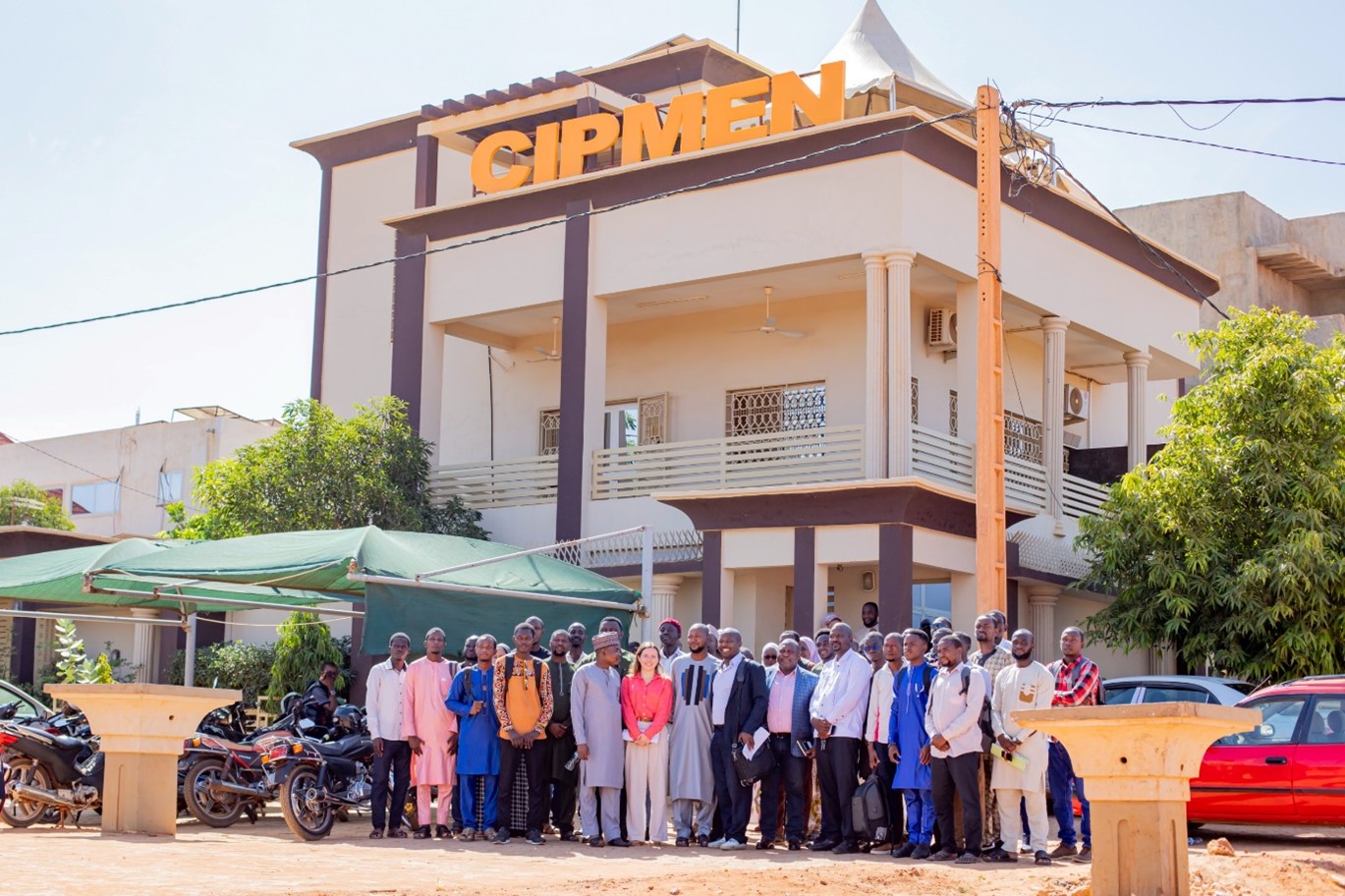

RETO-DOSSO: Hackathon in Niamey, Niger
The RETO-DOSSO project aims to create sustainable livelihoods in rural areas of Niger. It supports the local population in creating a basis for their livelihoods, thus paving the way for rural economic activities.
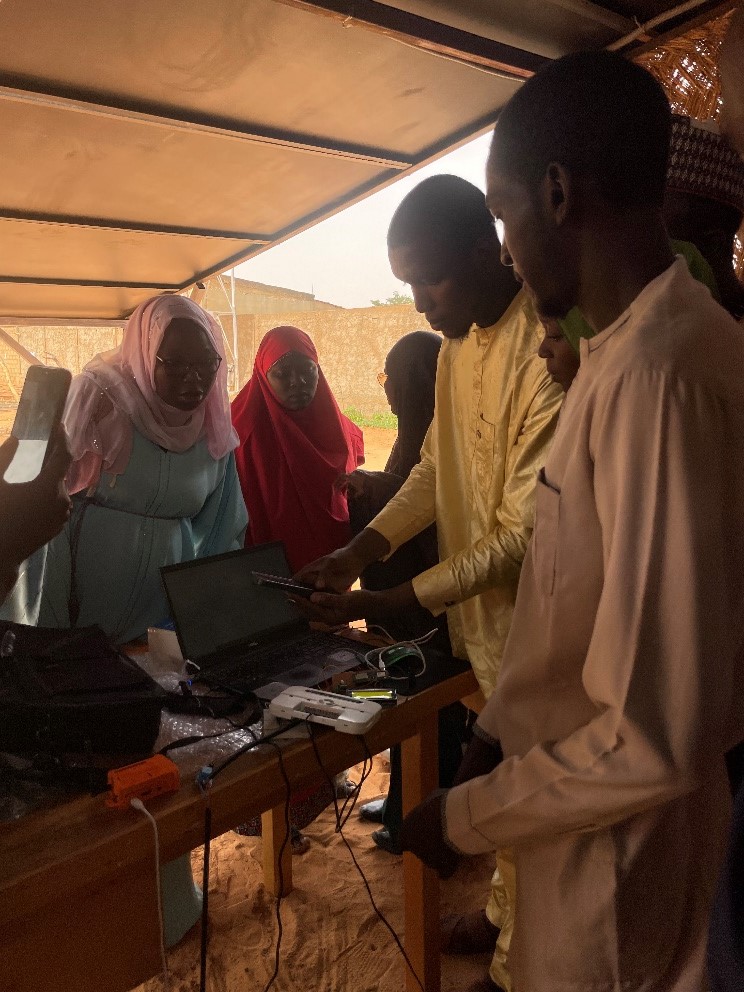
The UNU-VIE-led component focuses on sustainable irrigation and the development of innovations around smart solar irrigation and agro-technical solutions for precision agriculture. Together with its partners Le Centre Incubateur des Petites et Moyennes Entreprises (CIPMEN), the Abdou Moumouni University of Niamey and WaziUp e.V., UNU-VIE organised a week-long hackathon.
A hackathon is an event where teams develop creative software solutions in a short period of time. At this hackathon, participants focused on the Living Lab value chain. The event gave young people the opportunity to develop innovations and business models in the field of IoT-enabled or 'smart' agriculture. The Internet of Things (IoT) is a network of connected physical devices that collect and exchange data to automate and optimise processes.
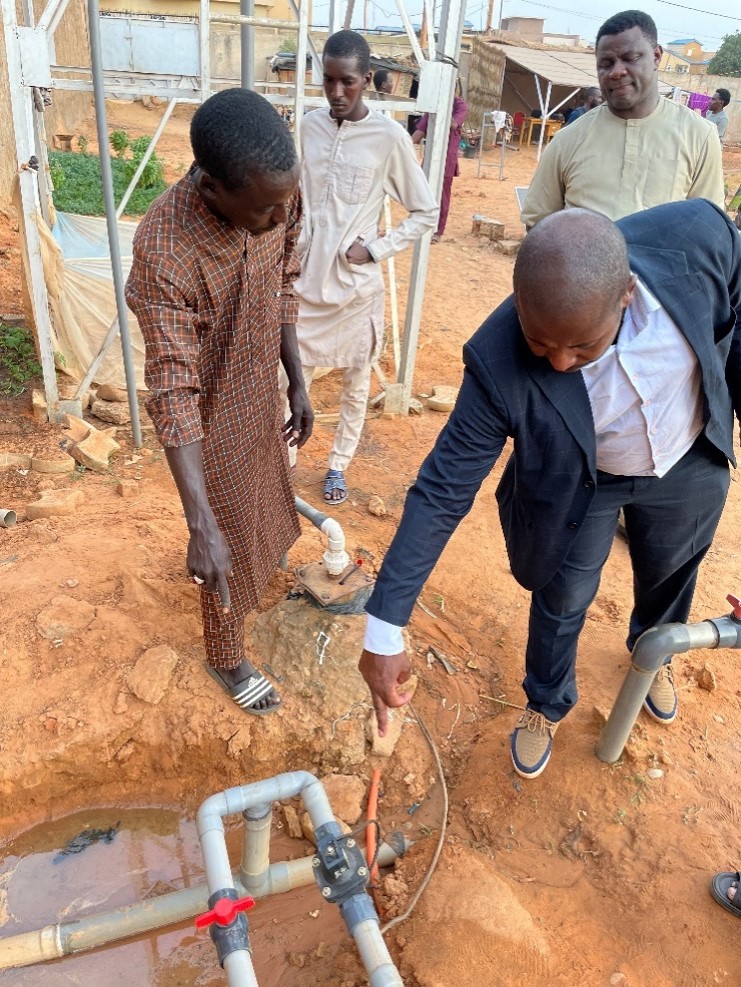
The hackathon began by taking participants through six modules on precision agriculture, web and mobile app development, design thinking and ideation, agricultural technologies, hardware and business model development. Participants were then given the opportunity to design and develop their own solutions using the sensors and hardware provided. The five groups developed solutions for smart irrigation systems, plant health monitoring and smart greenhouse systems. The solutions will now be further developed by CIPMEN to increase their business potential and improve the entrepreneurial skills of the participants.
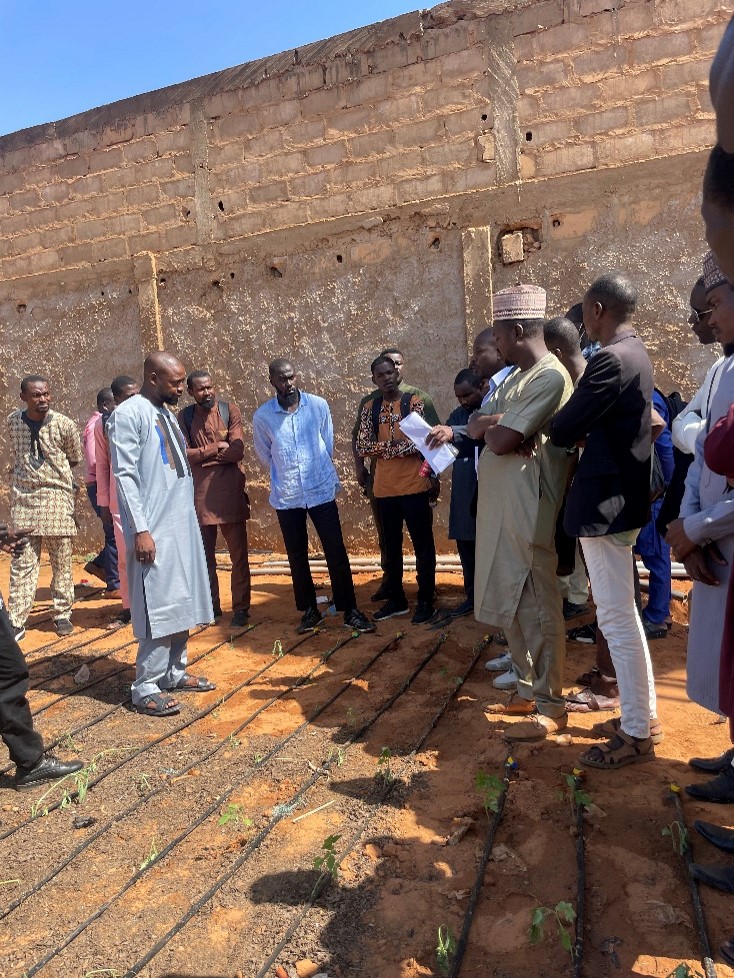
In addition, a training of trainers session was held for CIPMEN staff on the technical components to enable them to organise similar training courses and events in the future. UNU-VIE is developing the resulting materials into an e-learning format to ensure the long-term sustainability of the programme and the Living Lab.
Located at the CIPMEN headquarters in Niamey, Niger, the Living Lab offers young agri-tech entrepreneurs the opportunity to test and further develop their solutions. IoT-enabled sensors installed by WaziUp e.V. provide the young entrepreneurs with the data and modems they need to develop and scale sustainable solutions. The implemented irrigation systems will be tested to assess their efficiency and compatibility with local conditions.
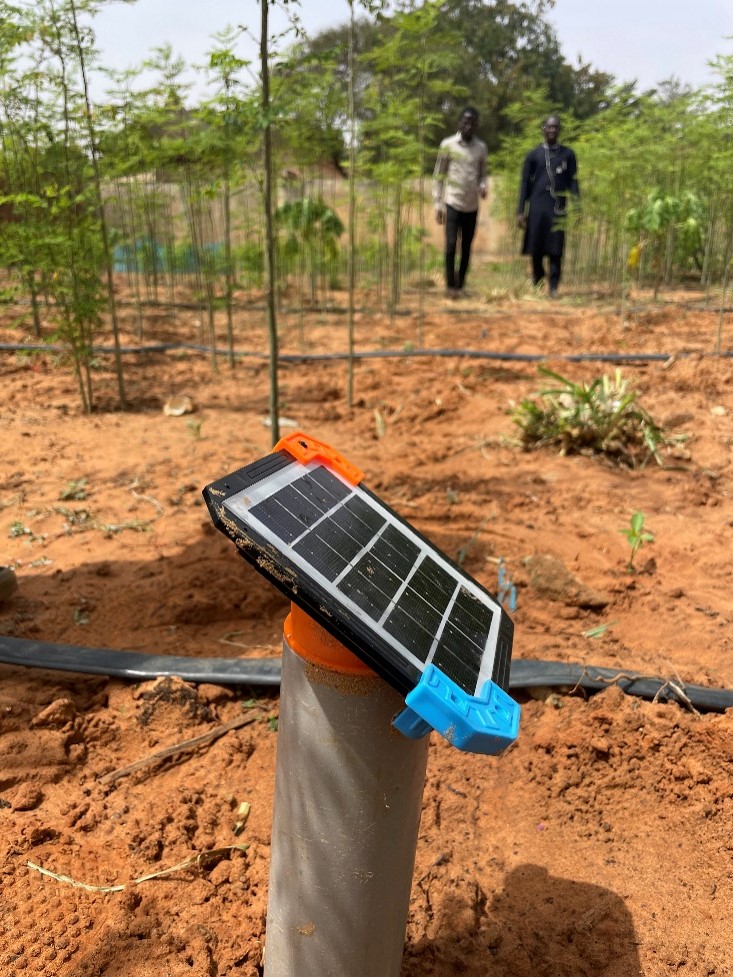
The system will also allow UNU-VIE to create synergies with other CLIENT II projects, such as the agro-photovoltaic project in Mali and Gambia (APV-MAGA), and to transfer lessons learned from the smart and IoT-based solution for efficient irrigation and monitoring of operating conditions.
